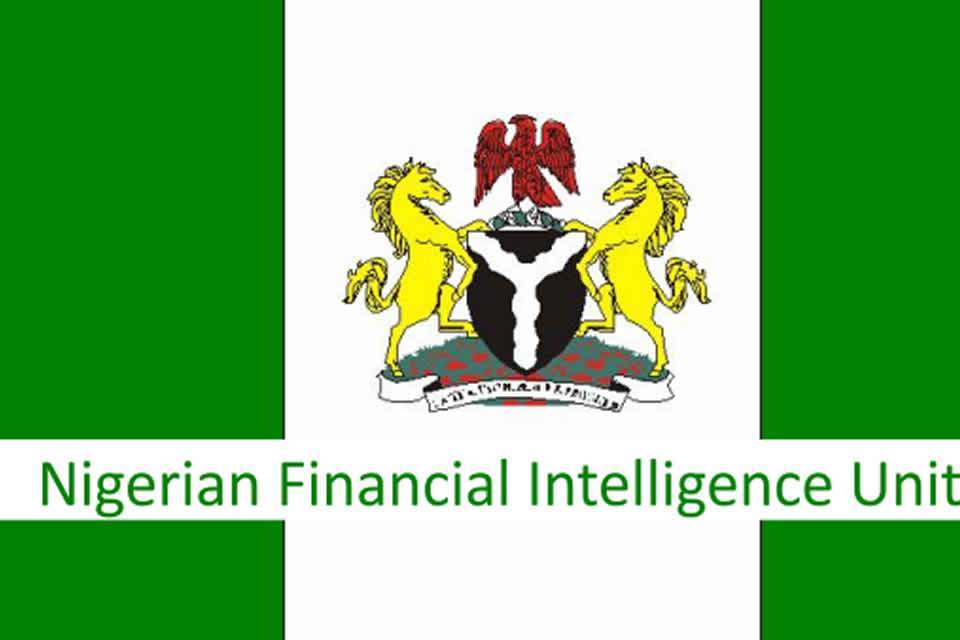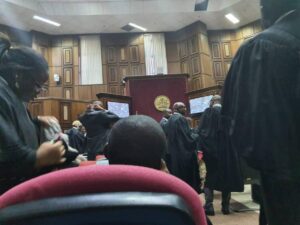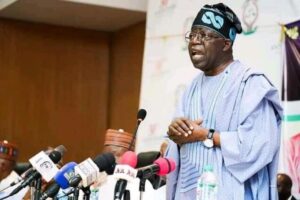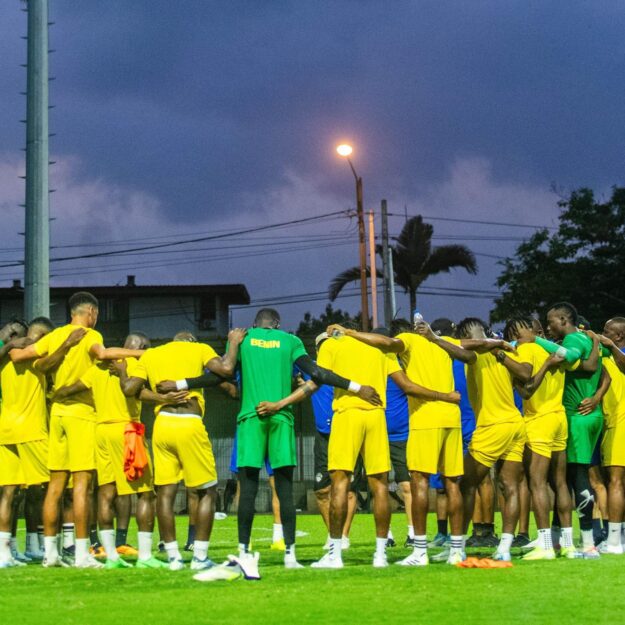
The Nigerian government has hinted at issuing stronger measures in tackling corruption, money laundering and financing of terrorism and other violent crimes.
The government, in a statement by the Nigerian Financial Intelligence Unit (NFIU), said it will soon unveil “significant measures” it described as “necessary in order to move the country forward”.
The NFIU was recently granted operational autonomy from the Economic and Financia Crimes Commission (EFCC), after the signing of a law passed by the National Assembly last year.
President Muhammadu Buhari’s nominee to head the financial intelligence agency, Modibbo Tukur, was cleared for the post in January.
A statement by NFIU’s Ahmed Dikko said the unit is now “fully repositioned to commence full operations from 1st April 2019”.
“The main focus of the NFIU will be to fight all crimes through money laundering, terrorism financing and proliferation of weapons real time analyses in the entire country,” the statement said.
The unit said it will begin the implementation of the ‘national sanctions’ regime “to all detected areas of vulnerabilities within our systems” and issue guidelines and advisories that will affect cash transactions by governments and bureau de change operators.
“The Unit will also release new reporting requirements on suspicious transactions for terrorism prone areas and on suspects taken into custody in violent and flashpoint communities to check vices of terrorism, proliferation of small arms, kidnapping, ethnic violence, cattle rustlings etc. with the view to providing credible intelligence for law enforcement and national security.”
Mr Dikko further explained that the beneficial ownership database for politically exposed persons and public servants, which has been in the works, will be completed and expanded to capture additional areas.
“The new process which includes new approach to analysing compliance in public account expenditures will almost shut down corruption from the way we used to know and new transparency methods will come to governance,” the statement added.
The statement further stated that Nigeria’s recent listing among high risk countries with deficiencies in money laundering and terrorism financing controls, has been objected by the European Union Council.
“The listing was officially withdrawn by the Council of Europe on 5th March 2019 while giving room for the European Commission and the European Parliament to align their positions.
“The Nigeria government engaged the E.U authorities through the Ministry of Foreign Affairs and the NFIU to reach an understanding,” he explained.
The statement urged all entities and individuals to cooperate with the new processes being proposed by the NFIU “because the measures are necessary in order to move the country forward”.
You may be interested

I Want To Take My Game To New Level –Lookman
Webby - November 13, 2024Super Eagles winger Ademola Lookman has reiterated his commitment to take his game to the next level.The Nigerian international, who…

AFCON 2025Q: Benin Republic Hit By Another Injury Blow
Webby - November 13, 2024Benin Republic will be without two more players for their 2025 Africa Cup of Nations qualifying matches against Nigeria and…

Dier Set To Depart Bayern In Summer
Webby - November 13, 2024Eric Dier is likely to leave Bayern Munich at the end of the season according to transfer expert and Sky…





















![American Pastor, David Wilson Seen Eating The Box Of Woman Who Isn’t His Wife [Video]](https://onlinenigeria.com/wp-content/uploads/2019/10/american-pastor-david-wilson-seen-eating-the-box-of-woman-who-isnt-his-wife-video-150x150.jpg)








